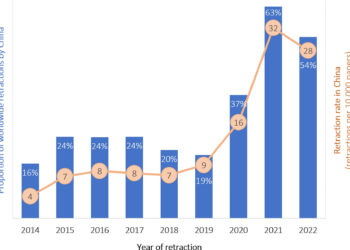
- Image via Wikipedia
It’s an upside-down world when it comes to age and social power. Maxims like “respect your elders” and “follow in your father’s footsteps” indicated a social orientation favoring experience and forebears. Cultural continuity came from younger people looking up to older people, with apprenticeships, mentoring, and internships reflecting this deference to seniority.
An interesting change has come in the modeling of society over the past few decades, namely the move from a generation gap to a fixation on youth to a reorientation on youth showing elders the way. Now, a study from the Pew Research Center indicates that older adults are adopting social media quickly, with those 50-64 years old picking it up at an 88% greater rate in just one year. Overall, 47% of people in this age group now use social media, up from 25% in April 2009.
Email is still the favorite online technology for people 50 and older, with 89-92% using it daily.
The researchers attribute the appeal of social networks in these older age groups to a few factors:
- Renewing connections for social support, fun during retirement, or second careers
- Increased likelihood of living with a chronic disease, with social networks providing important support
- Connecting with younger members of a family, bridging the generation gap
My question is, “Will that generation gap close in the next 10 years?” After all, the first part of Generation X is going to turn 50 next year, and the Generation Y denizens are approaching 30 years of age. As someone born in the early years of Gen Xers, I have to remind myself that I’m officially five years away from being in this 50-64 year old cohort now — that little insouciant voice I acquired in the nascent days of the Internet, when I was a fringe member of the Young Turks and the oldsters were out of touch . . . well, they’ve learned, and we’ve aged. And now, we’re all inhabitants of the Interwebs.
The Internet is quickly becoming the norm for all age groups. Maybe it was just a matter of time — literally.
And maybe we’re even more likely than our predecessors to model our behavior on acting young through technology.



